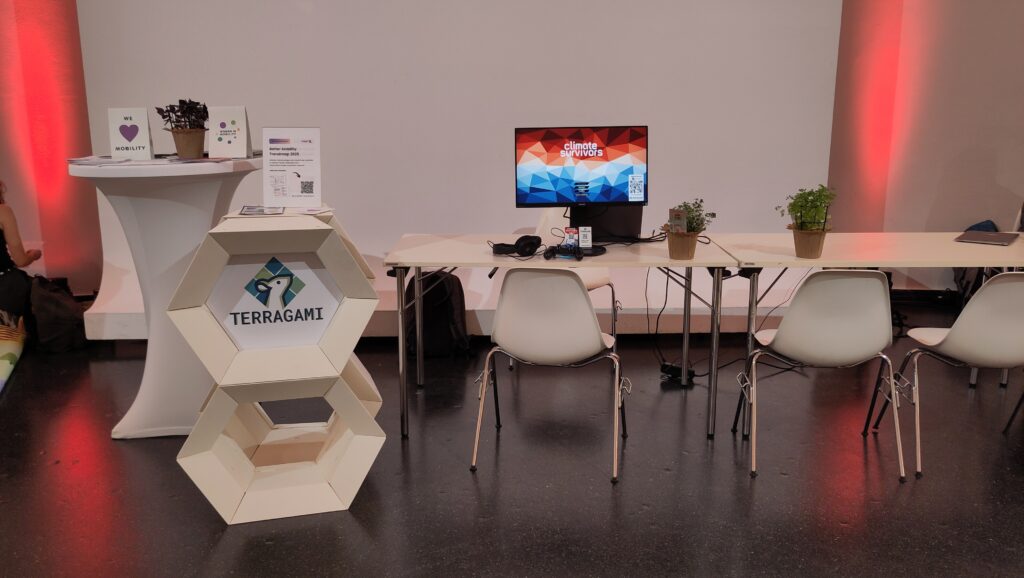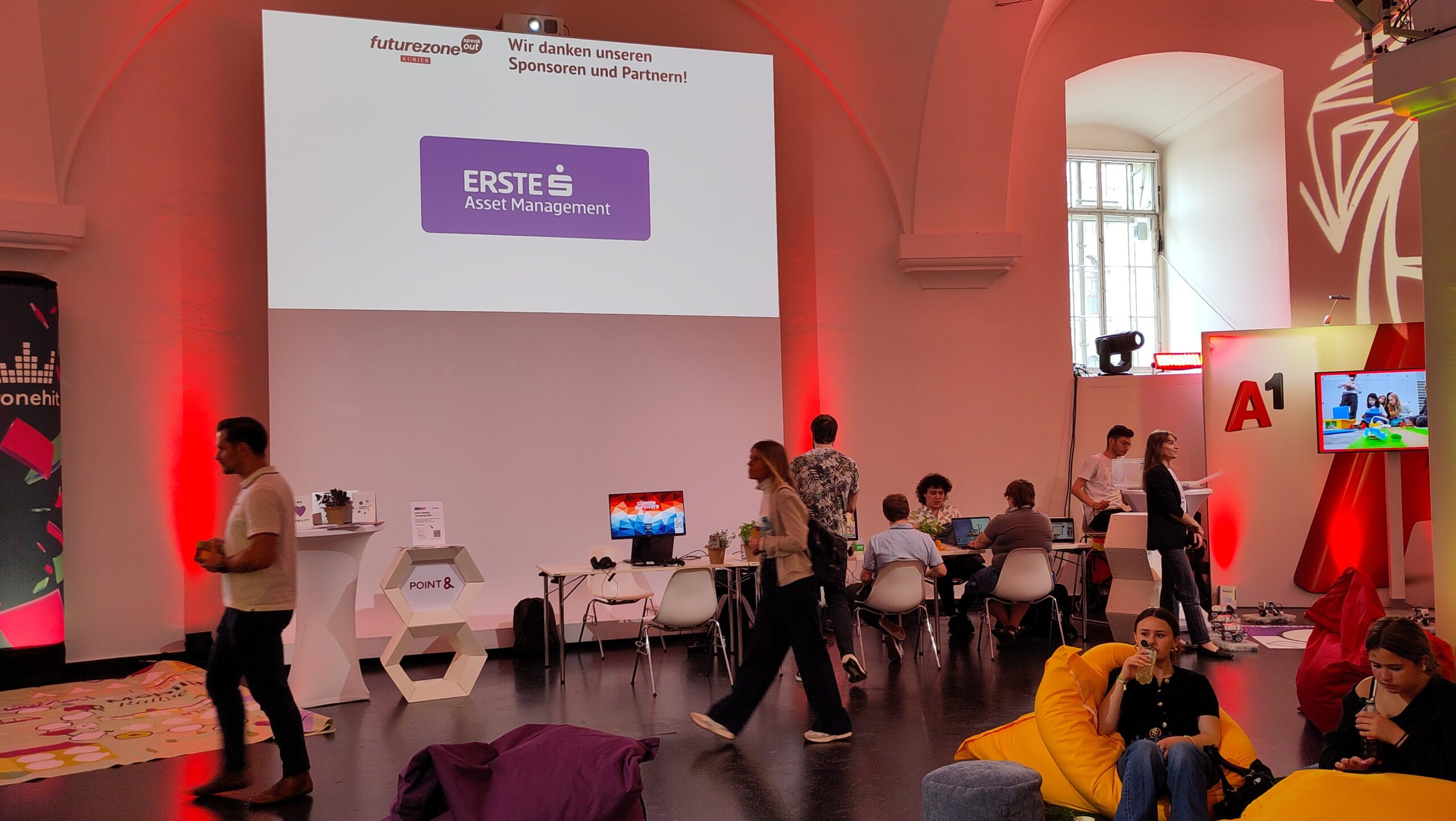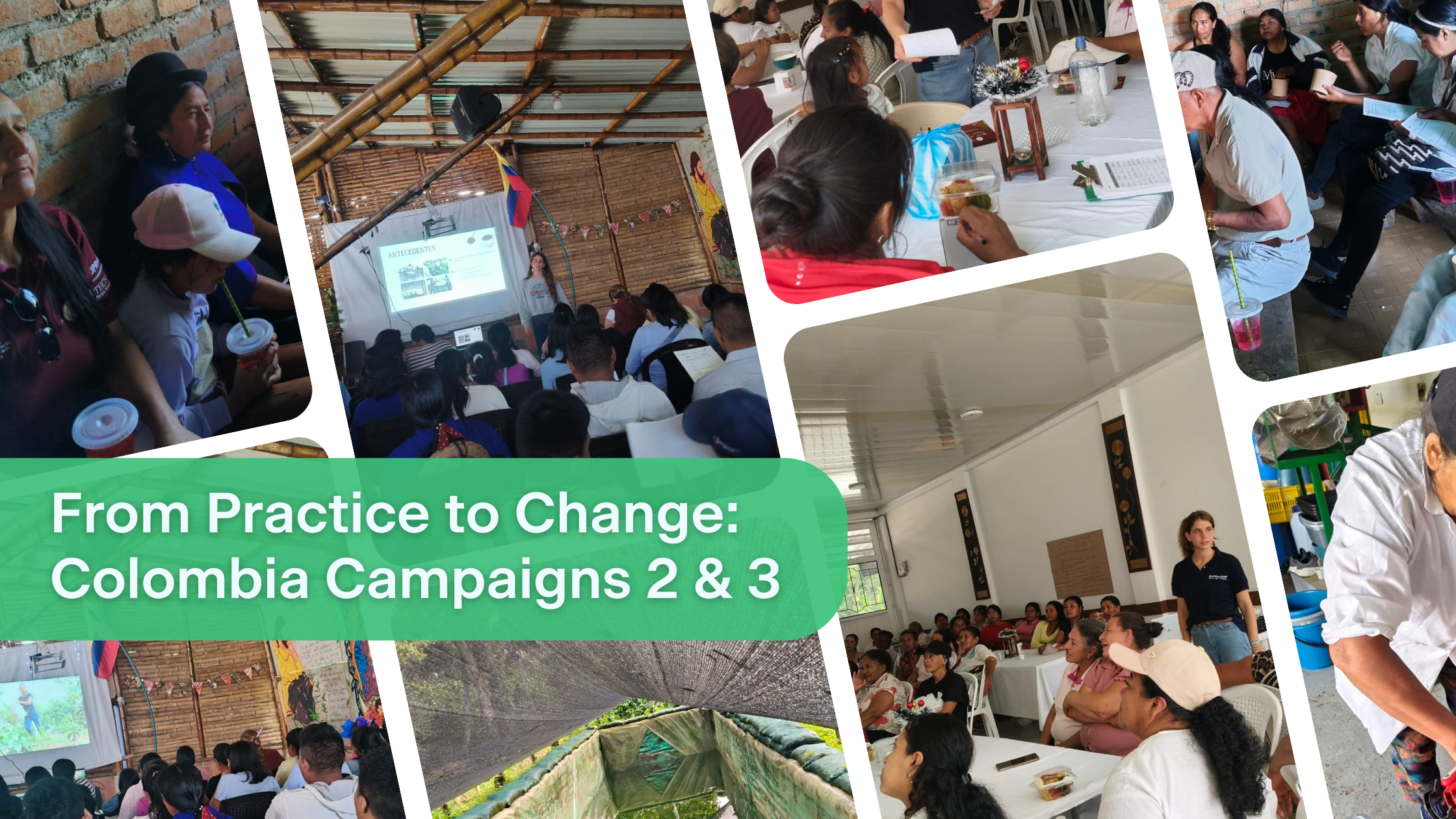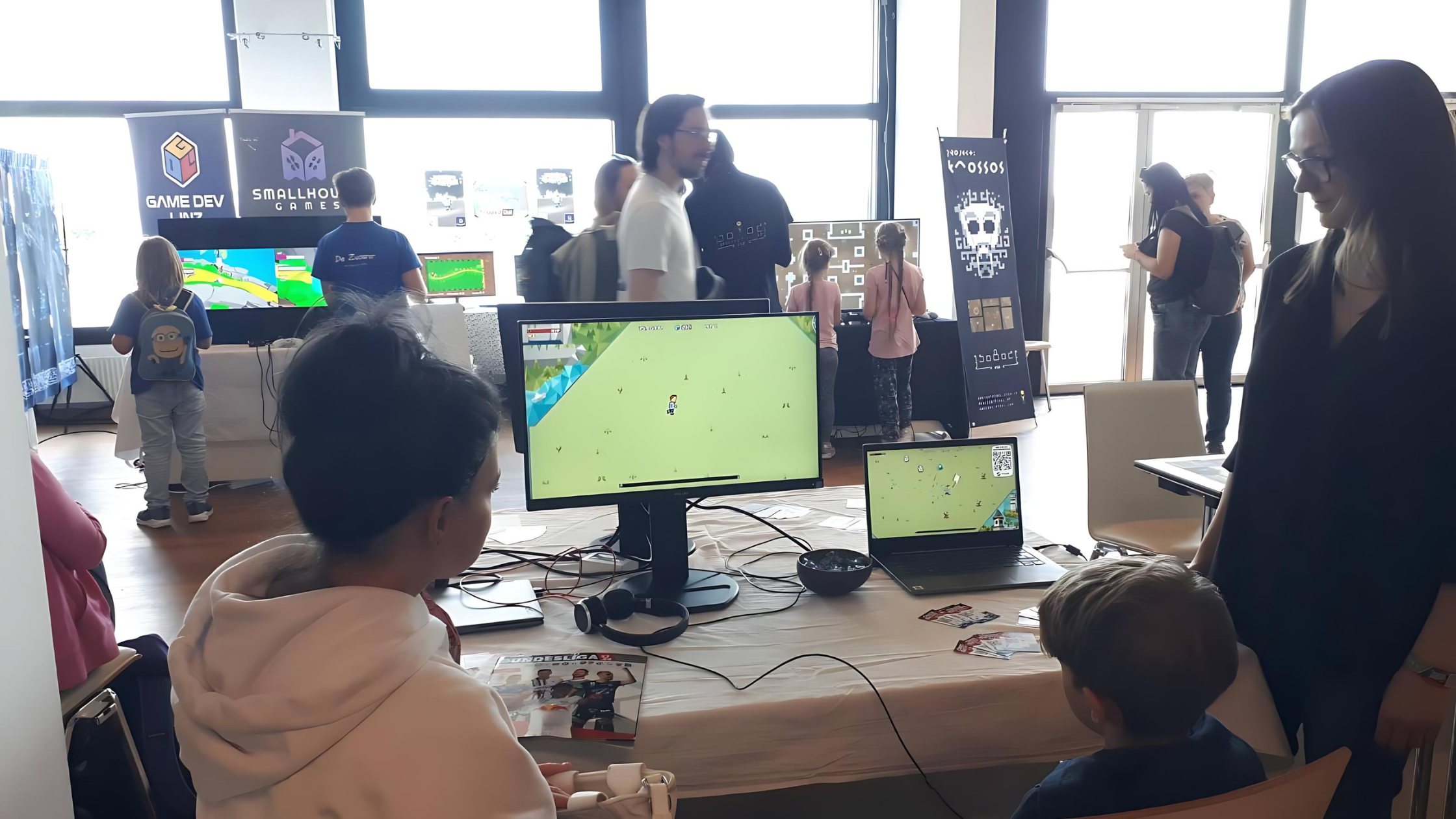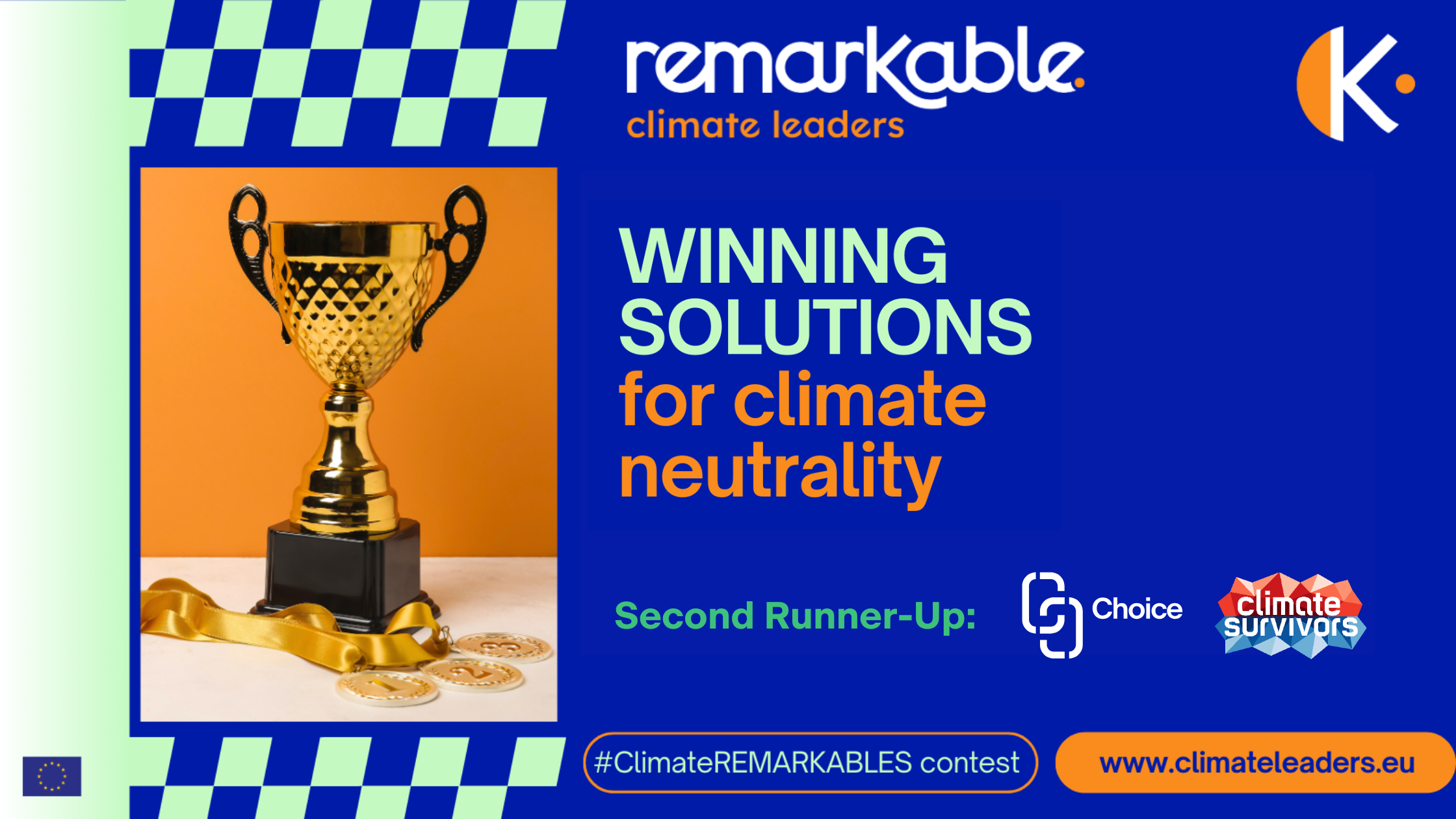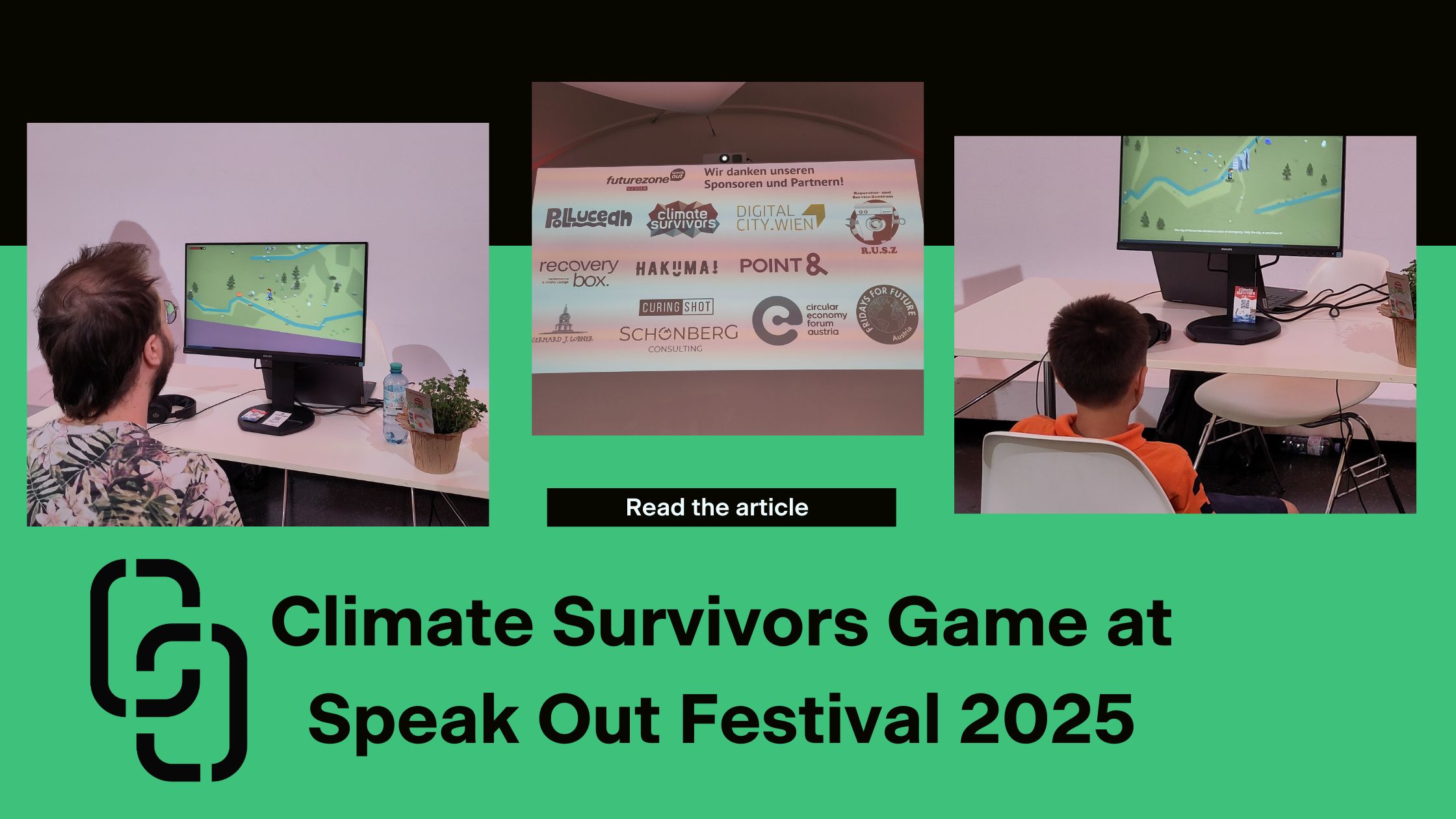
Climate Survivors Sparks Climate Dialogue at Speak Out Festival 2025
The CHOICE project brought its science-informed bullet heaven game, Climate Survivors, to the heart of the Speak Out Festival 2025 that took place on June 17, at MuseumsQuartier in Vienna, Austria. Hosted in the dynamic Futurezone exhibition area, the game engaged many of the 500 festival visitors—ranging from students and families to professionals and activists—sparking dialogue and reflection on climate choices throughout the day.
Led by Jan Steinhauser of IIASA, the Climate Survivors demonstration invited participants to experience fast-paced gameplay while engaging with deeper questions about lifestyle choices, food systems environmental footprint, and sustainability.
Fast Action Meets Deep Reflection
Climate Survivors isn’t a conventional climate education tool. It uses symbolic arcade gameplay to explore the complexity of climate challenges, particularly those related to land use, emissions, and food choices. Instead of offering direct instruction, the game builds pressure through metaphor and motion, encouraging players to consider the stakes of collective decisions.
A Festival Fit for Climate Dialogue
Speak Out Festival, known for blending youth action, innovation, and sustainability themes, offered the perfect platform to engage a broad public audience. This marked the second consecutive year that Climate Survivors was featured at the festival, highlighting its strong resonance with visitors and its growing role in CHOICE’s public engagement strategy. The simplicity of the setup in the Climate Survivors booth—a PC, a screen, and a highly engaging video game—belied the depth of reflection that followed each playthrough.
“We saw that people are open to exploring new ways of engaging with climate solutions through games. Many were curious and excited to see where this approach can go, and eager to share the experience with others.”
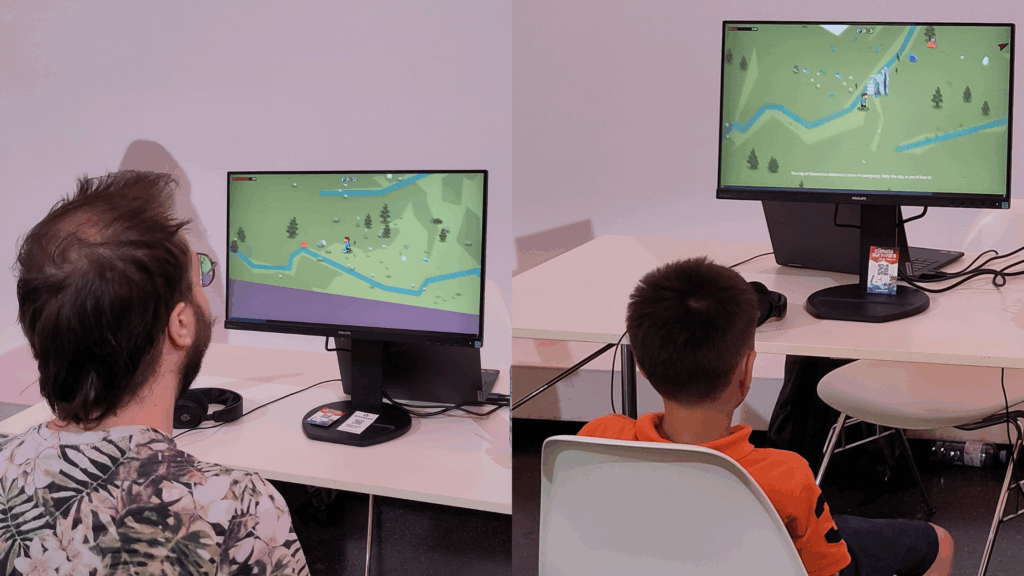
CHOICE in Action
This event reflected CHOICE’s approach of using media-rich formats to make scientific insights more accessible and relatable. By presenting Climate Survivors in a public setting, the project created space for spontaneous, informal engagement with complex sustainability themes. The game encouraged players to reflect on their food choices, the pressures facing climate systems, and how individual actions are connected to broader change. It demonstrated how interactive experiences, when rooted in robust science, can help spark conversations that might not happen through traditional outreach alone.
